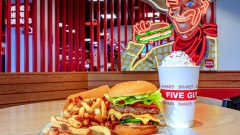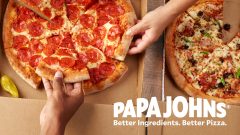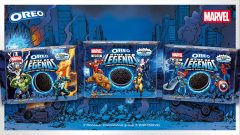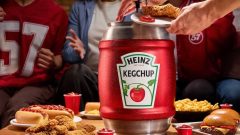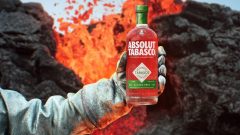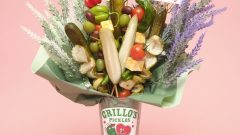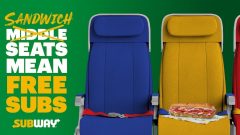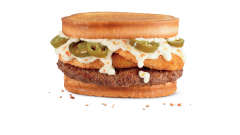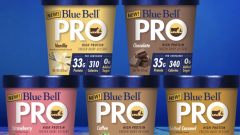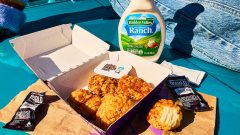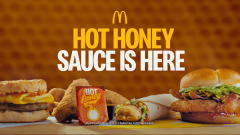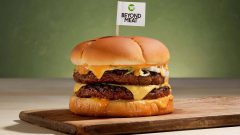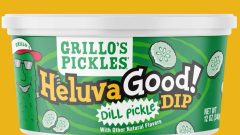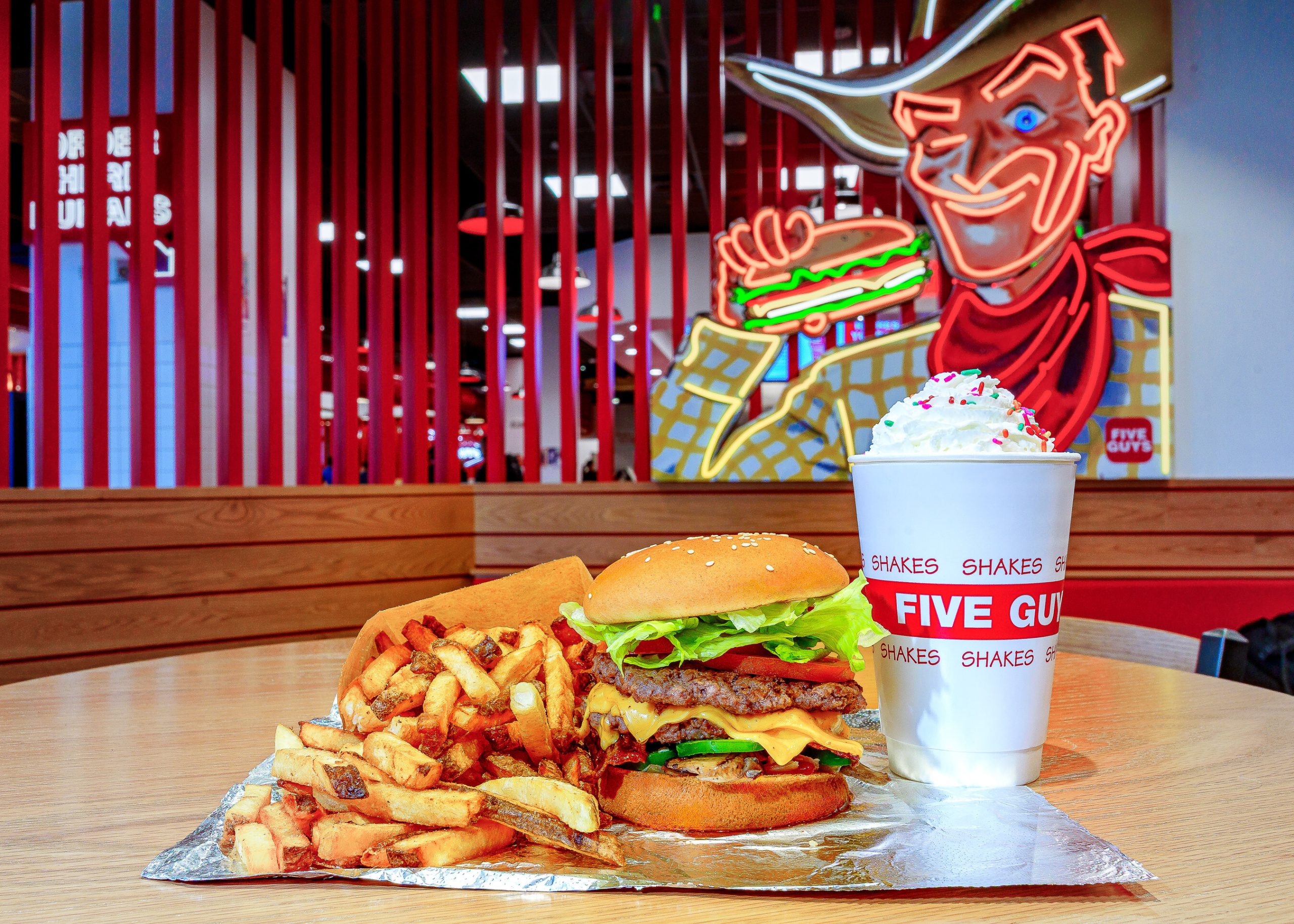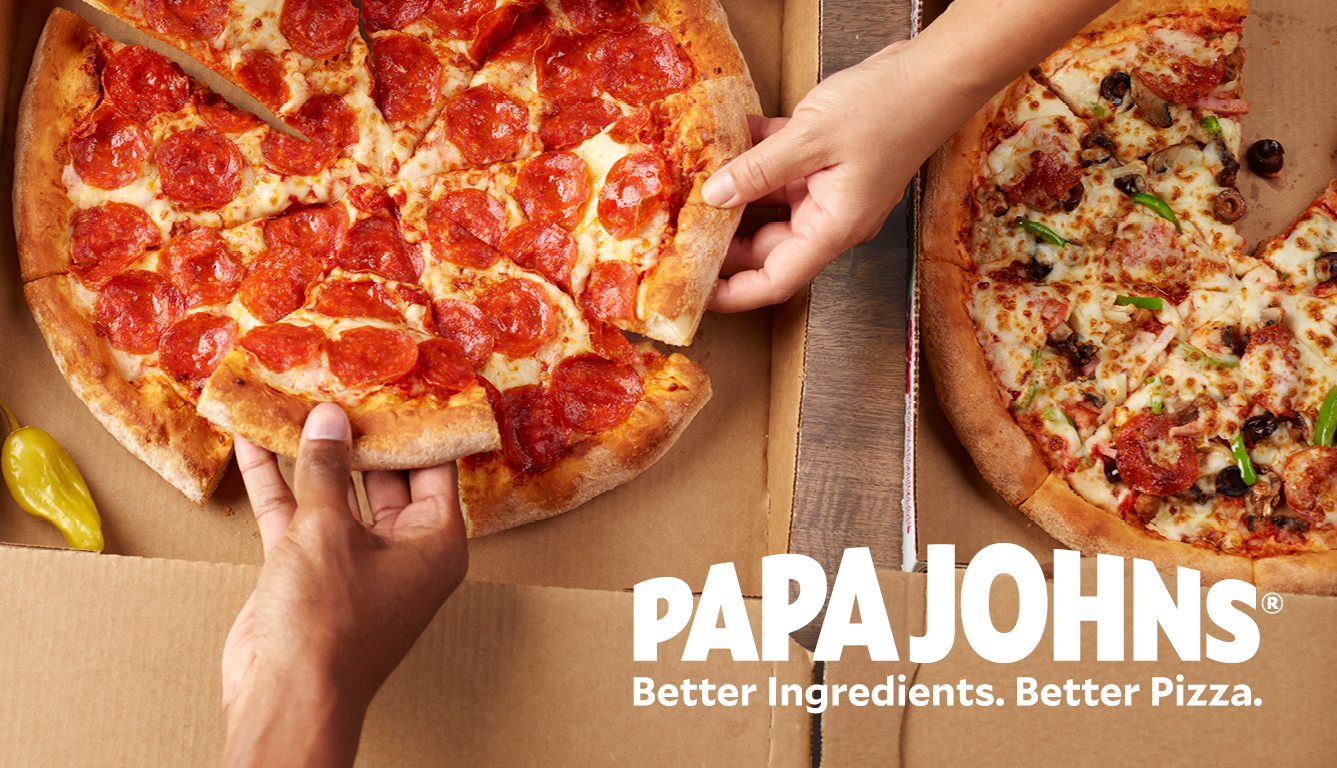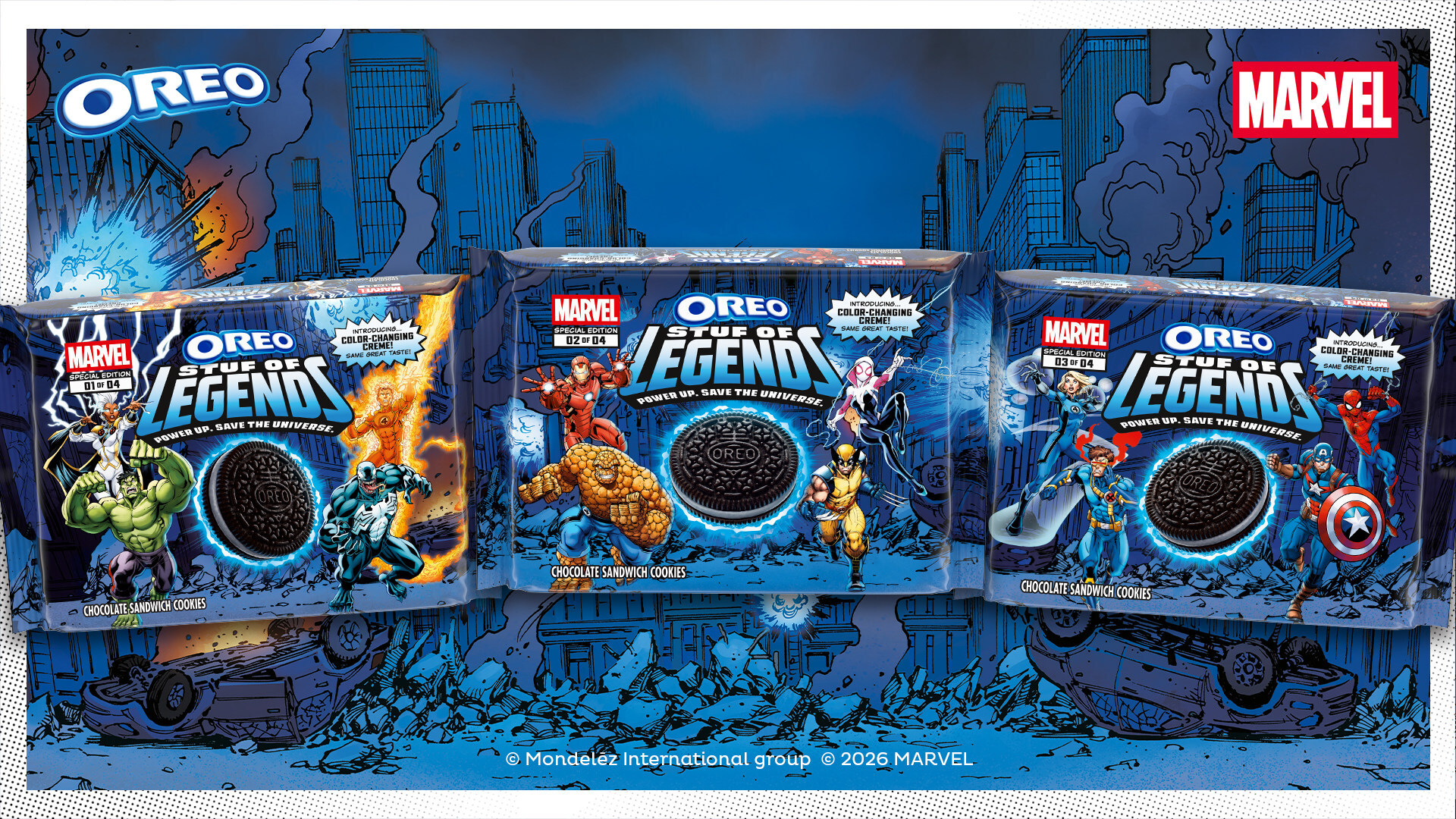Chef Brandon McGlamery on Fresh Ingredients, Bolognese, Being a Fish [INTERVIEW]
Brandon McGlamery is responsible for creating one of the best meals of my life.
Chef McGlamery has been in the food industry since he was a teenager as a busboy. His passion for the culinary arts led him to become a 1996 graduate of the California Culinary Academy. He has worked with some of the most well-known chefs in the worlds, such as Gordon Ramsey, Thomas Keller and Guy Savory to name a few. He was the Chef de Cuisine at Bacchanalia in Atlanta before becoming the Executive Chef at Luma on Park in Winter Park, Fla. He is also part owner and the Executive Chef at Prato, a newly born Italian restaurant in the same area.
Chef McGlamery’s cooking style highlights the freshness and quality of ingredients. His experience has allowed this gifted chef to develop his own voice through his food.
He is a father, husband and fisherman. His love of life spreads far beyond the kitchen.
After my three-hour eating feast at Luma, Chef McGlamery walked with me to Prato. As we strolled down the sidewalk between restaurants, we found a bench to rest at and continue our conversation.
It’s always encouraging to catch a passionate artist in the midst of his craft. His answers were giddy, his tone excited, and his knowledge was flowing.
Here’s a look into our conversation:
——————
When did you first start cooking?
About 20 years ago seriously. I kind of started in the industry somewhat young at 15 to 16 years old, and I didn’t think I’d make it my career. I fell into it by haps. I started as a busboy, but then I started on the other side as well. I got into wine, and wine kind of pushed into food and then food just held me. It just captivated me. It was like I wanted to surround my life with it and that’s kind of how I fell into it.
What inspired you to start cooking, what attracted you to it?
The creativity. You can never know it all, there’s always something to do that you haven’t done before. With wine, you can go through your lifetime tasting every wine out there, but in cooking it would never be to the point where you’ve never mastered, done every technique, or cooked every dish. There’s just no way.
I’d be amazed if you did though.
Who taught you how to cook, because I know you went to culinary school?
Yeah, culinary school is one of those things where they don’t really teach you real life experience. They give you a certain set of skills. They can assist you. The first thing I don’t look for in my guys is that skill set.
You don’t look for that [skill set]?
Not at all, really. It’s not always the most important. I look for the heart and the drive in the person.
Who taught me how to cook necessarily? I think it was everybody that I went with along with the way. Everybody I trained underneath taught me a different skill set, a different avenue that I could take with my approach of food and how I was thinking about it at that moment. I can’t say it was one person.
Who are some of your biggest culinary influences?
Jeremiah Tower was a huge influence. Thomas Keller, another killer influence. His standard really set the tone for everything. Just the way he did things — the accuracy, dedication and mindset you needed to have to exceed. Delfina’s Craig Stoll was really inspirational to me. Anne Quatrano was probably one of my biggest mentors of Bacchanalia in Atlanta. She’s often referenced as the Alice Waters of the South. From them I took away skills and philosophies to really form what I liked and what worked for me.
In general, what was the first thing that you learned to make?
That I was excited about, how about that?
Yes, that works.
I think probably confit and braise would be the two things that I was excited the most, and it really set the foundation. Once you understood it and got it I think that’s when I really started to say there’s so much more to food. That being said I think I was probably five years into my career when I learned how to do it properly. That’s when it really clicked. From there that turned into sauce making and that turned into other things, so that is really where my turning point is from becoming a culinary student to a chef in training.
What does food mean to you?
(laughs) Excitement, creativity. Food is life. Good food means everything. You can do anything with it in a lot of ways, but I also like to see very grounded, straightforward, well done, and well-executed food. I think that’s what excites me the most, I mean, and that’s what I love the most about it. There’s nothing like an oyster with just some lemon and some shallot, and it’ll never get old. As long as it’s a fresh oyster, it’ll never get old. It’s just that emotional connection that we all have to it. It can actually draw you out a little bit more, and it depends on your mood and what your desire is. It can change in everybody.
When I was reading your bio, it says you really stress fresh ingredients, why do you think that’s important?
You’re only as good as your ingredients. Great ingredients is what excites me about food. It’s seeing how little how you can do to them so you don’t mess them up. If you start with a mediocre product, say you have 10 ingredients and five of them are mediocre, you’ve already cut your odds down by 50%, in my mind I’d say even more so, but you’re 50% mediocre already. But if you start with pristine products all the way around, your level of success is going to be so much higher. So much of being a chef is about that.
What would you say your cooking style is?
Well it’s Prato and Luma, I mean, it’s definitely European influenced. Prato, we try and have that mindset and focus as if you were an Italian, which we’re Americans cooking Italian style food, but we don’t want to do coined food. We wanted to challenge ourselves on how to make all of our own pasta and stuff like that. The whole idea behind Prato was to get the wood burning oven going. That went back to my rooting days of when I was at Delfina. Delfina is really one of the places that I saw you could really push the envelope on wood ovens. Everything was tried to do by the wood oven, and that kind of food just has really – it speaks to you on so many different levels in its homey-ness. It’s just very spiritually rewarding on that style of food. Just as a sashimi chef thinks of the world by the way he slices the fish and how little of soy or wasabi that you may need, the wood fire oven is completely the opposite where it’s robust, it’s hearty and almost in your face kind of thing.
What’s your all-time favorite recipe to make?
I love making pasta. I love it. Whether it be making gnocchi, egg noodles or anything. I like getting my hands in there and feeling the dough and working on it and seeing this beautiful piece. And I love making sauces.
Anything in particular?
Bolognese. I love making bolognese. We have one that we do at Luma and everything we make one it’s very hard for me not to put my input into it as we’re doing it, even though I’ve got guys that have worked for me for five years now, and they’re just like, “I know, I know, I know.”
Besides the obvious, is food a big part of your children’s lives too?
I love seeing my child eat his first strawberry. What a magnificent day.
What was his reaction?
(smacks lips in wonder)
If you could be a food, what food would you be?
If I were a food I would be snapper, probably yellowtail, so I could experience underwater life; that always stimulates me. Plus, I love shrimp and so do snapper. I also think that squash blossoms are pretty cool. Though they usually die a quick death in the deep fryer!
If you had to eat the same dish every day for the rest of your life, what would it be?
Pork filled tacos, my wife’s way, or Bucatini Amatriciana, or a BLT. No matter what it would have to contain pork. That’s a hard question that deserves to be given an indecisive answer.
Where do you see yourself 10 years from now?
Fishing more I hope. Fishing more, not working as much, but still working with food and the people I love.
What advice would you give to aspiring chefs?
Enjoy everyday, remember, and understand. It’s not the destination; it’s the journey to get to it. It’s how you get the information and how you utilize it. It can’t be taught; it has to be caught. Don’t go to somebody looking to teach you, you already have to get what they’re saying, and sometimes that doesn’t happen until after you’ve left the place.
But also, take your time. Take your time is the number one thing. Nowadays, chefs have it so amazingly easy, because honestly when I went to school the Internet was really not as prevalent as much. The information wasn’t there. We got menus and recipes and everything like that, we had to research still. We didn’t have Google, and it’s going to be hard for my children growing up because, Encyclopedia Britannica, that’s how we got it. We all shared cookbooks when I was coming up when I was working in some of the restaurants, “Oh you got that book?,” or, “You got that?” and that’s how we learned about where we were going to get our craft and where we were going to go, and I think we were all looking for that little diamond in the rough that was going to give us that one little twinkle, but it’s the whole experience that’s the diamond. It’s the whole rough part of that experience, and it’s a rough experience.
Put yourself in the right kitchens, is probably my other best piece of advice. Put yourself with people that you want to emulate their cooking and their cooking style and their leadership, and their leadership abilities. And make sure that they’re successful, make sure that they’re not closing restaurants left and right, make sure that they’re sustaining themselves and doing it properly and doing the right things and being good to people. Genuinely good hearted people is I think the best thing I could say to them. That was like six pieces of advice in one.
Is there anything else that you would like to add?
No, let’s go talk about these ovens.

